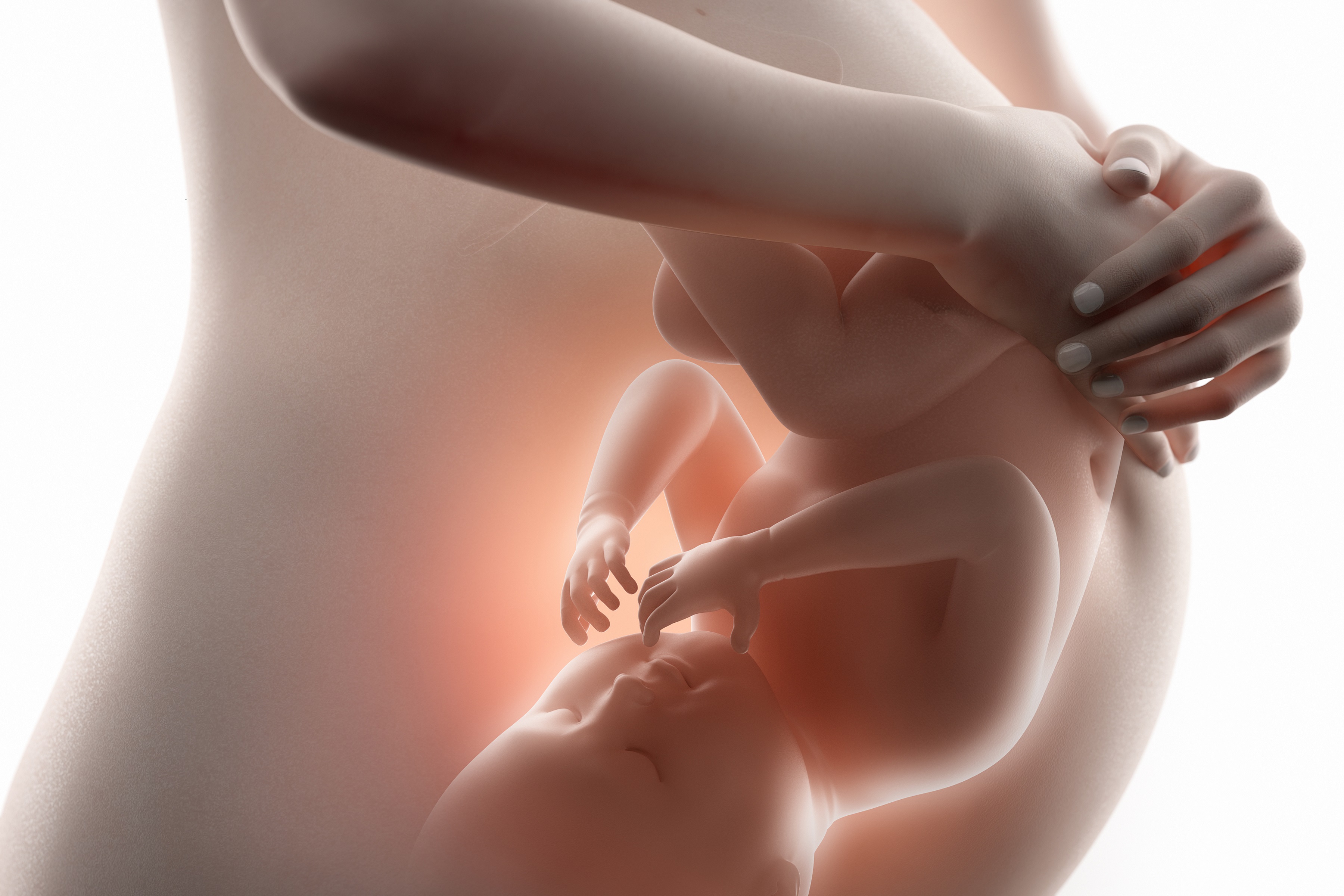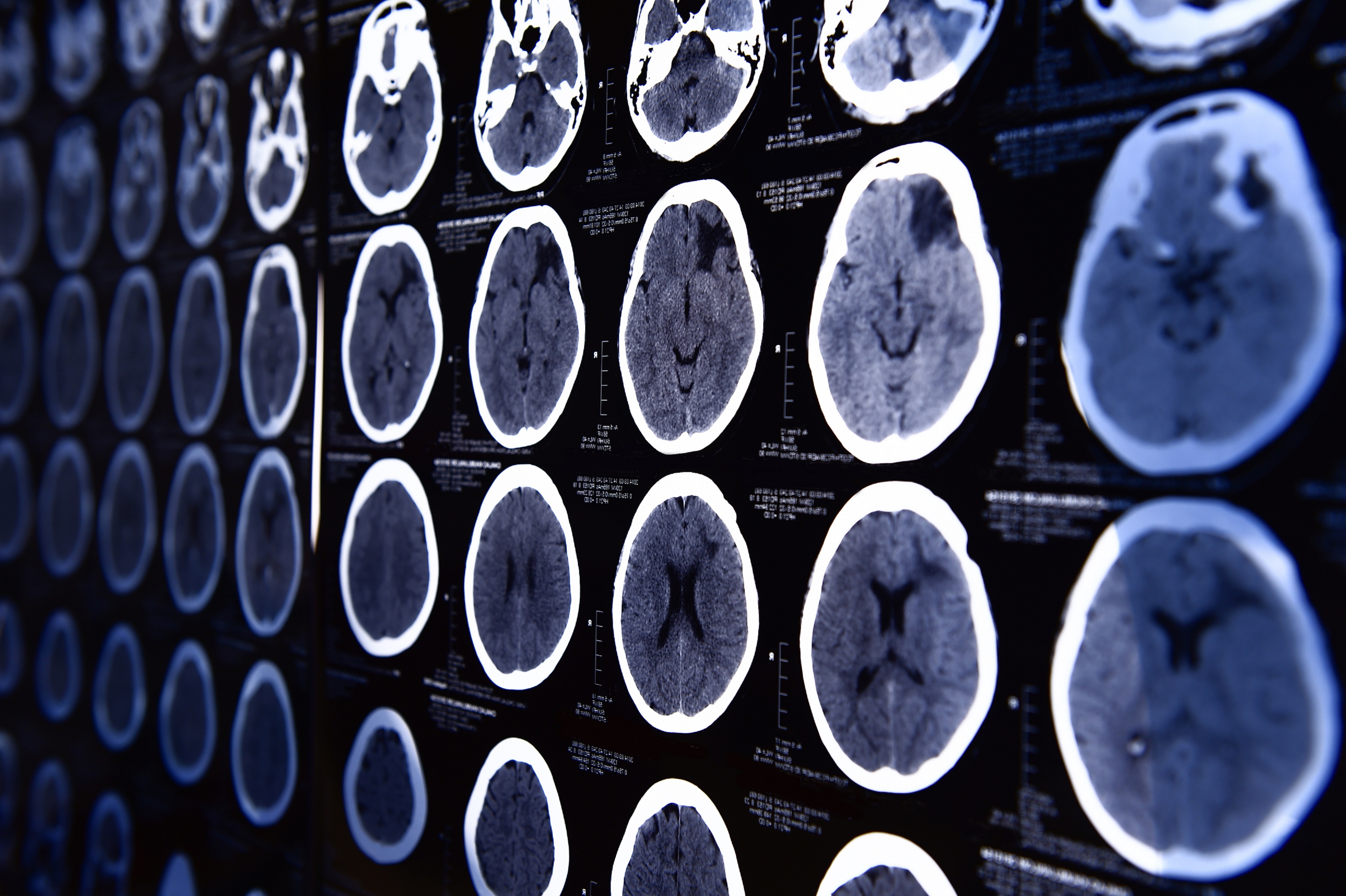Environmental risk factors
Various environmental risk factors have been associated with increased risk of bipolar disorder. These include childhood adversity, substance use, older parents at birth, some ethnic backgrounds, and some obstetric complications. The strength of these associations are influenced by many genetic and other non-genetic factors, with level of influence varying from person to person. Click on the links or the tabs below to access all the information, or browse via the drop-down menu on the left.
Image:©freshidea – stock.adobe.com

Adult life events
What are stressful adult life events in bipolar disorder? Stressful Life events that occur during adulthood are defined as particularly significant experiences that result in substantial changes to personal circumstances. These changes may be positive or they may be negative changes and can occur across all aspects of life, including health, education, employment, relationships, bereavement, housing, legal, and financial issues. These can all contribute to the development of mental health problems. What is the evidence for adult life events as risk factors for bipolar disorder? Moderate to high quality evidence suggests no differences in the number of stressful events experienced…

Childbirth
We have not found any systematic reviews on this topic that meet the Library’s inclusion criteria. Pending enough primary studies, we invite reviews on this topic to be conducted. Alternatively we will endeavour to conduct our own review to fill this gap in the Library. October 2021 Image: ©CLIPAREA.com – Fotolia – stock.adobe.com

Childhood adversity
What is childhood adversity in bipolar disorder? Childhood adversities encompass a range of childhood experiences, including loss of a close relative, bullying, physical abuse, sexual abuse, emotional abuse, and neglect. The nature, timing, severity, and duration of exposure are likely to influence mental health outcomes. What is the evidence for childhood adversities in people with bipolar disorder? Moderate quality evidence finds a small to medium-sized increased risk of bipolar disorder after exposure to any childhood adversity. There were significantly higher rates of childhood adversity in people with bipolar disorder compared to people without bipolar disorder and compared to people with…

Environmental toxins
We have not found any systematic reviews on this topic that meet the Library’s inclusion criteria. Pending enough primary studies, we invite reviews on this topic to be conducted. Alternatively we will endeavour to conduct our own review to fill this gap in the Library. October 2021 Image: ©stlk11 – stock.adobe.com

Ethnicity
How is ethnicity related to risk for bipolar disorder? Some ethnic groups may show greater or less risk for bipolar disorder than others. Incidence refers to how many new cases there are per population in a specified time period, while prevalence refers to how many existing cases there are at a particular point in time. Differences in the incidence and prevalence across various ethnic groups can provide clues to possible causes of bipolar disorder. What is the evidence for ethnicity and risk for bipolar disorder? Moderate quality evidence finds a medium-sized increased risk of affective psychosis (including bipolar disorder) in…

Familial factors
What is familial risk and bipolar disorder? Many disorders are the result of interaction between susceptibility genes and environmental influences. One example is cardiovascular disease; people with a family history of cardiovascular disease are more susceptible to heart problems, and environmental influences, such as diet, can increase this risk. Bipolar disorder is also a complex disorder that can arise from both genetic and environmental influences. What is the evidence for familial risk? Moderate to low quality evidence suggests a medium-sized increased risk of bipolar disorder in the offspring of people with bipolar disorder. There were also small effects of increased…

Infectious agents
How are infectious agents related to risk for bipolar disorder? Exposure to infection is often cited as a risk factor for schizophrenia and has recently been investigated in bipolar disorder. This topic summarises the available evidence for the risk of developing bipolar disorder following exposure to influenza and other infectious agents, both before and after birth. The physiological mechanisms underlying any associations are largely unclear. Please also see the topic in Physical Features on markers for infectious agents in adults with bipolar disorder. What is the evidence for infectious agents as risk factors for bipolar disorder? Moderate to low quality…

Maternal diet during pregnancy
How is maternal diet during pregnancy related to risk for bipolar disorder? Consumption of a balanced diet during pregnancy aids the development of a healthy fetus which may act as a preventative factor for the development of bipolar disorder in adulthood. In contrast, consumption of substances or poor diet during pregnancy can be harmful to the developing fetus. What is the evidence for maternal diet during pregnancy? Moderate to low quality evidence suggests a medium-sized effect of increased risk of bipolar disorder in offspring of mothers who smoked during pregnancy. There were no associations between alcohol or caffeine use during…

Maternal illness during pregnancy
How is maternal illness during pregnancy related to risk for bipolar disorder? Illness during pregnancy, particularly involving infectious agents has been associated with brain and behavioural abnormalities in the offspring, and so have been investigated as possible risk factors for bipolar disorder. What is the evidence for maternal illness during pregnancy as a risk factor for bipolar disorder? Moderate to low quality evidence finds a medium to large increased risk of bipolar disorder after exposure to maternal influenza during pregnancy. However, when the trimesters were analysed separately, the effect remained significant only in the third trimester, and results were found…

Migration
How is migrant status related to bipolar disorder? The term “migrant” usually refers to first generation migrants – people with a foreign birth place, and studies have assessed whether migration is related to risk of bipolar disorder. Any association observed between migrant status and increased risk of mental disorders has stimulated a great deal of explanatory hypotheses, including additional stress relating to migration and settling into a new country, and possible issues with discrimination. Other explanations include a tendency for at-risk individuals to migrate, and underlying genetic variances across cultures. What is the evidence for migrant status as a risk…

Obstetric complications
How are obstetric complications related to risk of bipolar disorder? Obstetric complications are a broad class of deviations from a normal course of events experienced during pregnancy, labour, delivery and the early neonatal period. Studies have attempted to investigate whether any deviation or combination of deviations are related to the subsequent development of bipolar disorder. Teasing out possible effects of obstetric complications is not simple because many other, and often unknown, contributing factors are most probably involved. What is the evidence for obstetric complications as risk factors for bipolar disorder? Moderate quality evidence suggests an increased risk of bipolar disorder…

Parental age at birth
How is parental age related to bipolar disorder? There have been claims that advanced parental age may be a risk factor for the development of mental disorders in the offspring. Commonly offered explanations have been the occurrence of germline mutations in older adults and/or psychological factors such as earlier than normal parental death experienced at a vulnerable age. Pinpointing the age at which parenthood may be associated with a significantly higher risk of bipolar disorder could be useful knowledge for potential parents, particularly if there is a pre-existing increased genetic risk of developing the disorder. What is the evidence regarding…

Parental education
How is parental education related to bipolar disorder? Any association found between parental education and risk for bipolar disorder has been largely inconsistent. This topic outlines the evidence for low parental education as a risk factor for bipolar disorder, however the results may reflect the effects of other influencing factors rather than parental education itself. What is the evidence for parental education as a risk factor for bipolar disorder? Moderate quality evidence suggests no differences in maternal education between people with bipolar disorder and people without bipolar disorder. No reviews assessed paternal education. October 2021 Image: ©debr22pics – Fotolia –…

Parental psychological factors
How do parental psychological factors relate to risk for bipolar disorder? Parental psychological factors may be linked to the development of bipolar disorder in the offspring. However, studies investigating the relationship between parental psychological factors and bipolar disorder have yielded inconsistent findings. What is the evidence for parental psychological factors during pregnancy? Moderate to low quality evidence finds an increased risk of bipolar disorder in the offspring of mothers who were exposed to war stress during pregnancy. There were no associations with exposure to maternal bereavement or famine in utero. October 2021 Image: ©Photomorphic Pte Ltd – stock.adobe.com

Rheumatoid arthritis
How is rheumatoid arthritis related to risk for bipolar disorder? Rheumatoid arthritis is a common systemic inflammatory disorder primarily affecting synovial joints. Peripheral inflammation can up-regulate neuroinflammation, inducing neurological damage that can affect mood and cognition. Chronic neuroinflammation has been proposed to be a contributory factor in the development of bipolar disorder, with studies demonstrating elevated inflammatory markers in people with the disorder. What is the evidence for rheumatoid arthritis? Moderate quality evidence finds a medium-sized increased risk of bipolar disorder in people with rheumatoid arthritis compared to people without rheumatoid arthritis. October 2021 Image: ©horillaz@Photo3D – stock.adobe.com

Sibship
What is sibship and bipolar disorder? Sibship is a medical term meaning a group of individuals born of the same parents. Factors associated with sibship include birth order, number of siblings or number of births in the family, and inter-birth interval periods. It is not known how these factors may be associated with risk for bipolar disorder. Also see the risk factor topic on familial factors. What is the evidence for sibship as a risk factor for bipolar disorder? Moderate to low quality evidence suggests no association between twin birth and bipolar disorder in adulthood. October 2021 Image: ©Khakimullin Aleksandr…

Socioeconomic status
We have not found any systematic reviews on this topic that meet the Library’s inclusion criteria. Pending enough primary studies, we invite reviews on this topic to be conducted. Alternatively we will endeavour to conduct our own review to fill this gap in the Library. October 2021 Image: ©lapas77 – Fotolia – stock.adobe.com

Substance use
How is substance use related to bipolar disorder? Various lines of evidence suggest an association between substance use and psychiatric disorders. In particular, use during adolescence or early adult life is now thought to be one of a number of environmental stressors that interact with genetic factors to predispose an individual to later bipolar disorder. What is the evidence for substance use as a risk factor for bipolar disorder? Moderate quality evidence suggests a medium to large effect of increased risk of bipolar disorder with prior cannabis use and a small to medium-sized effect of increased risk of bipolar disorder…

Traumatic brain injury
How is traumatic brain injury related to bipolar disorder? It is well established that traumatic brain injury increases the risk for a wide range of neuropsychiatric disturbances, however, there is little consensus on whether it is a risk factor for bipolar disorder. What is the evidence for traumatic brain injury as a risk factor for bipolar disorder? Moderate quality evidence suggests a small effect of increased risk of bipolar disorder in people with a prior traumatic brain injury. October 2021 Image: © nimon_t – stock.adobe.com

Urbanicity
How is urbanicity related to bipolar disorder? There is evidence that urban settings are associated with higher rates of some psychiatric disorders. Studies of urbanicity have defined exposure to urban environs in various ways, either consisting of urban-rural comparisons or defined according to population density which can include mixed urban-suburban-rural areas. The majority define urbanicity by degrees of population density, defined either as population per square kilometer or as the number of inhabitants within a defined location (e.g., capital, city, or town). It is not clear whether urban living is itself associated with a higher risk for bipolar disorder, as…

Winter birth
How is winter birth related to risk for bipolar disorder? Researchers have observed the existence of high and low prevalence (total number of cases) and incidence (number of new cases during a specified time frame) pockets for some psychiatric disorders, with rates varying depending on season of birth. These may be related to variances in temperature, precipitation, and sun exposure, however, the underlying mechanisms involved are largely unknown. What is the evidence for winter birth as a risk factor for bipolar disorder? Moderate quality evidence finds a small, increased risk of affective psychosis in people born in late winter in…
Green - Topic summary is available.
Orange - Topic summary is being compiled.
Red - Topic summary has no current systematic review available.
